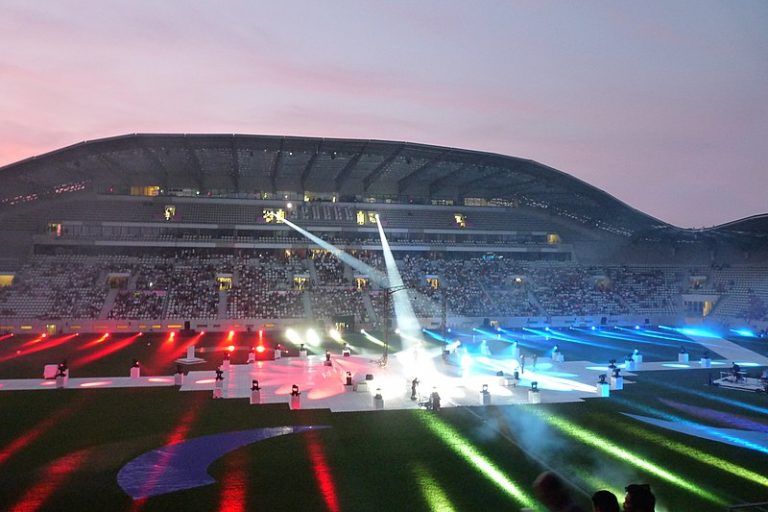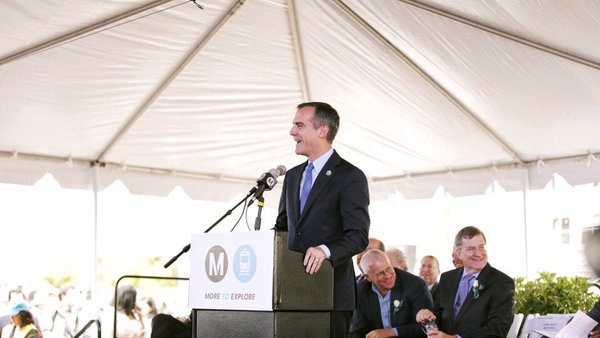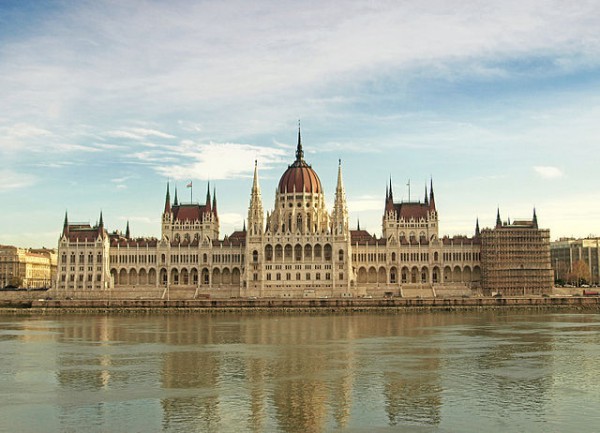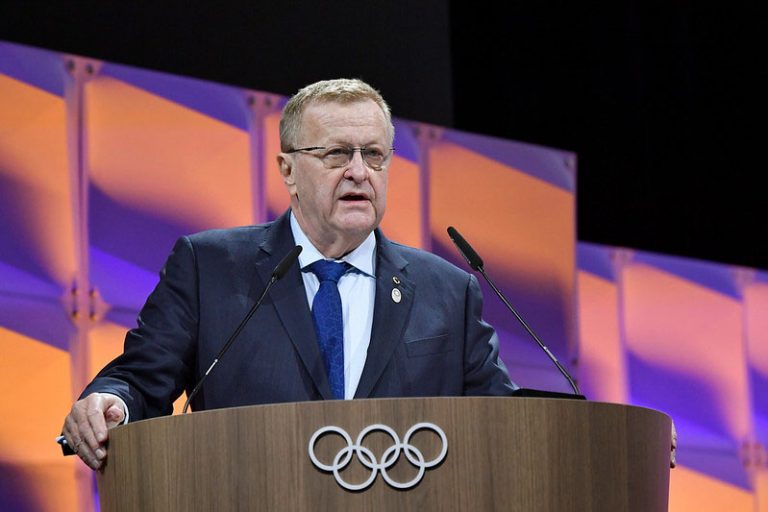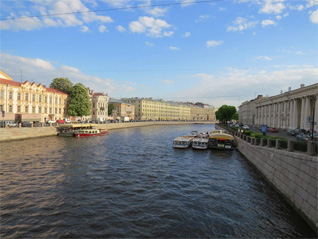Reporting from the Grimaldi Forum in Monaco – After approving reforms Monday, the International Olympic Committee (IOC) will now implement changes to the bid process designed to make bidding easier, more efficient and less costly. In theory.
President Bach and his IOC have iterated that his organization will be flexible and make hosting the Games within the reach of cities and countries that have been overwhelmed in the past.

In Bach’s 127th IOC Session opening remarks, he said “people have to hear our message; they have to believe our message; people have to get the message.”
This, one would assume, includes the bid committees. Will they believe it?
The nature of a bid is its competition, a high stakes multi-million dollar quest where stakeholders demand positive results. That won’t change. The IOC members will vote, and they will vote for the bid they like the most. Of course they will – by secret ballot.
So just like an athlete, the bids will perform to their best potential – why wouldn’t they?
Why would a city propose to use an existing golf course 500km away if they know their competitors will offer one within the host city cluster? Wouldn’t that be a competitive disadvantage?
Australian IOC member John Coates who headed up the bid process working group disagrees.
“I think we’re trying to give the message that it’s not a competitive disadvantage, we’re definitely giving the message that using existing venues is something we will view as positive about that city,” Coates explained.
“That hasn’t been an emphasis in the past and I think a lot of cities thought ‘we have to have a lot of new venues,’ that certainly was the case with Tokyo.
“I think it’s going to encourage a lot more interest.”
But in the almost all recent past bids the IOC has voted for big, new projects – Beijing, London, Rio, and the one that has caused a European revolt against the Olympic Winter Games – Sochi.
So what makes a reasonable bid committee expect that suddenly the IOC will change, then risk their bid on that leap of faith? Probably nothing.
Even some IOC members haven’t been able to add it up.

“I would see something at the bid stage being presented at a reasonable distance that makes sense to the athletes and everyone involved versus, hey, as we go along we’re going to make these changes and send athletes very far away, I don’t see it working like that,” American IOC member Angela Ruggiero said.
“So what does that bid look like?
“I’ve never seen a bid like that so it would be interesting to see how it’s put together.”
“I think IOC members are going to take all the different bids and consider the cost-benefit from all the different angles and then vote.”
One of the angles considered is the compactness of the plan – already a key element in the candidates’ evaluation report, which explains why cities keep passing bids with huge construction plans across the IOC’s desk.
Maybe it’s the IOC that believes it but doesn’t get it.
“I would just say the ultimate vote is just one bid that actually gets put in front of the members to actually be the host city and that will speak to – is this reasonable or not?”
And if it’s not?
“We don’t want athletes to turn it into a world championships where they are really far away and don’t have that direct interaction.”
Right now the approved reforms are still just concepts, just ideas. Their success, or lack thereof will be a product of the execution of the proposals. There is still much work to be done.
“The match will begin tomorrow,” IOC member Stefan Holm said as the voting was wrapping up.

